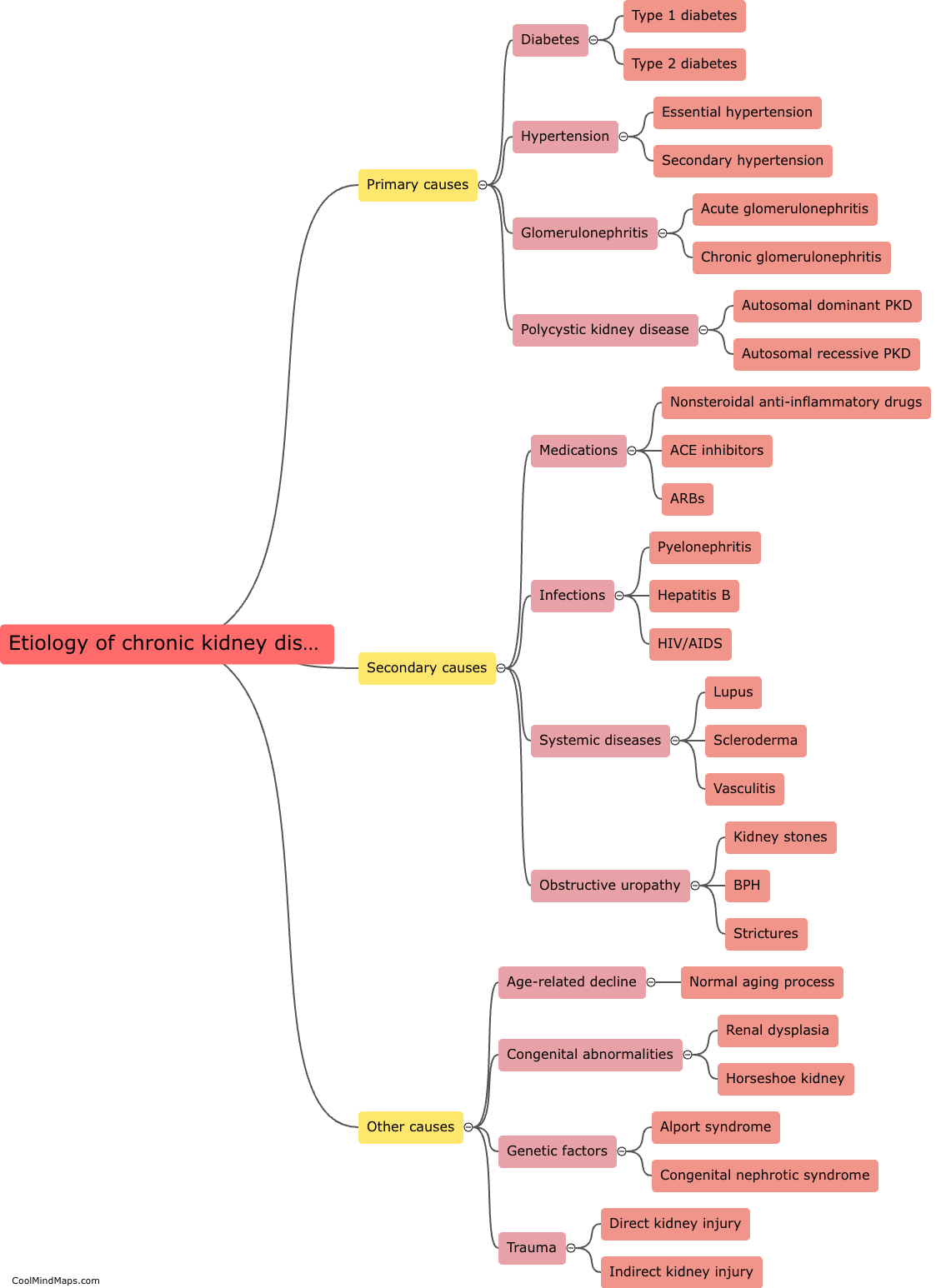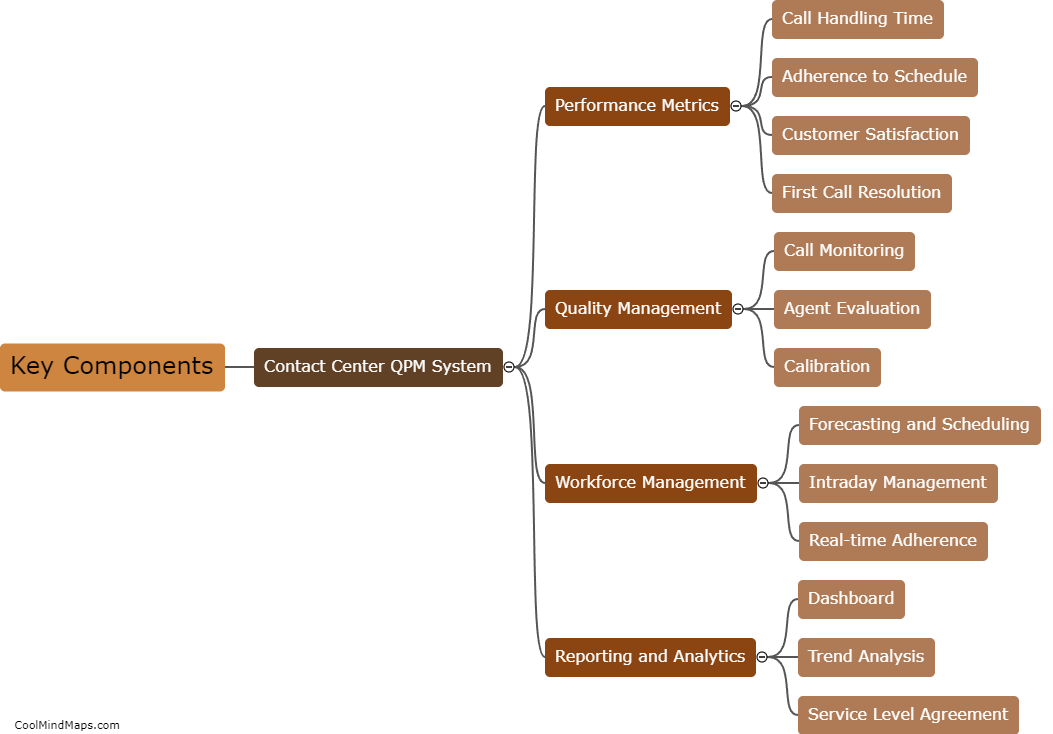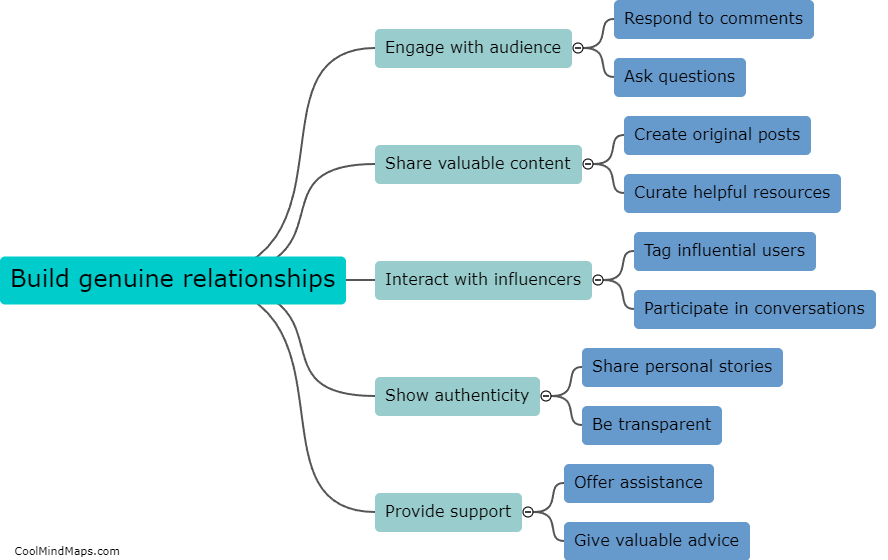What are the main components of QPM's work?
The main components of Quality Project Management's (QPM) work encompass various essential elements. Firstly, QPM focuses on developing and implementing quality plans to meet project objectives. This includes setting clear goals, establishing quality standards, and defining key performance indicators. Secondly, QPM ensures effective project communication and collaboration through regular team meetings, status updates, and stakeholder engagement. Effective risk management is another crucial component of QPM's work, as it involves identifying, assessing, and mitigating potential risks that may impact project outcomes. Additionally, QPM emphasizes continuous improvement by monitoring project performance, conducting audits, and learning from past experiences to enhance future projects. Lastly, ensuring compliance with industry regulations and standards is an integral part of QPM's work, guaranteeing that projects adhere to legal and ethical requirements. Overall, QPM's main components revolve around quality planning, communication, risk management, continuous improvement, and compliance to achieve successful project outcomes.

This mind map was published on 25 September 2023 and has been viewed 138 times.











